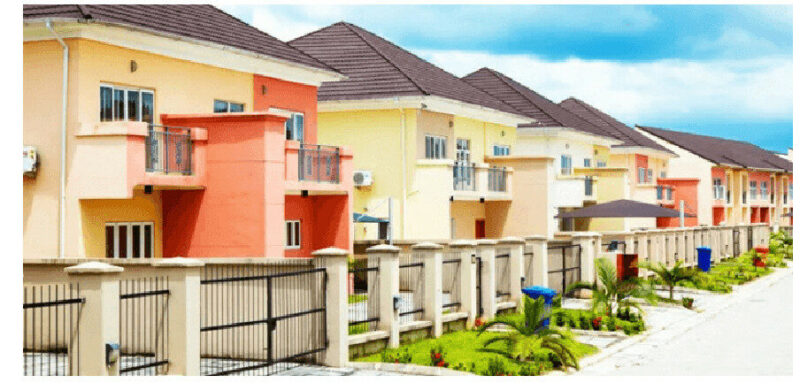A sweeping wave of rent defaults is shaking Nigeria’s residential property market, leaving landlords in distress as tenants accumulate unpaid rent, often for over a year, with no clear plans to settle their debts.
Across the country, rent defaults has reached a tipping point as landlords are caught in a tight web of stagnant incomes, galloping inflation, and legal hurdles to reclaim their properties. For many, the traditional promise of steady rental income has turned into a battle of mounting losses and legal frustration.
The worst-hit areas include Lagos, Ogun, Abuja, Delta, and Port Harcourt. In these regions, property owners are increasingly entangled in litigation cases as they try to recover overdue rent or force evictions through the courts. Some landlords who are overwhelmed by the burden are opting to sell their homes altogether just to recoup their investments.
In Lagos, the situation is particularly grim. Many landlords have “gone berserk,” as they face debts that run into millions of naira. Others have hired lawyers to issue eviction notices or filed court petitions to eject tenants, a process that can be both lengthy and costly from a legal standpoint.
“This is not a good time for landlords,” an industry source explained. “Many are in court, spending heavily on litigation, and yet they still can’t reclaim their property or earn any returns.”
Real estate experts attribute the surge in rent defaults to broader economic forces. High inflation, currently above 30 per cent, combined with the removal of fuel subsidies, a volatile exchange rate, and the collapse of the naira, has driven up the cost of cement, iron rods, and other building materials. These pressures have crippled the viability of the build-to-rent model and eroded landlords’ profit margins.
“The naira’s depreciation has made imported building materials unaffordable,” noted a landlord in Alagbole, Ogun State, Mr Julius Ogunfuye. “You build a home, but it becomes a debt the moment tenants stop paying.”
Chairman of the Association of Capital Markets Valuers (ACMV), Mr Chudi Ubosi, further explained that the flood of cash during the 2023 election season, followed by steep exchange rate fluctuations, accelerated inflation in the real estate sector.
“As building materials remain expensive and the naira stays weak, rent will keep rising,” he warned.
Property analyst and developer, Mr Ezekiel Oke, added a sobering perspective: “The rent crisis in Lagos mirrors the dysfunction in Nigeria’s wider economy. When currency devaluation sets in and inflation is uncontrolled, it breaks more than markets; it breaks homes.”
He expressed concern that, unless urgent action is taken, the situation could escalate into a social catastrophe, deepening inequality, fueling migration, and further undermining urban productivity.








